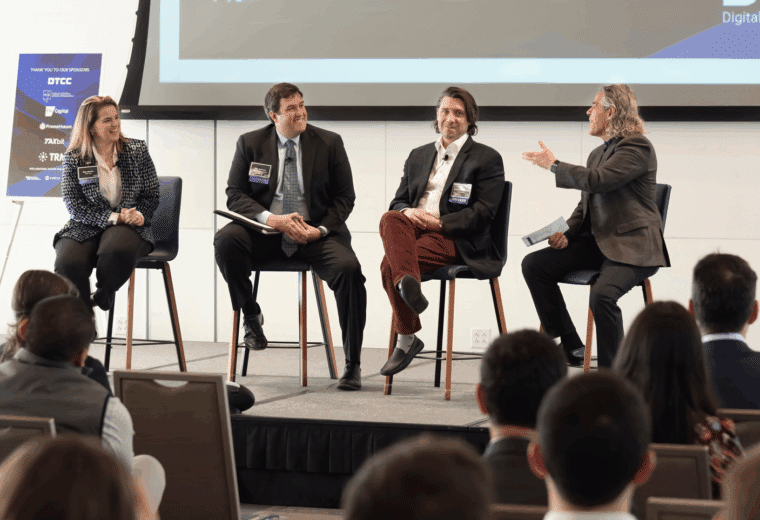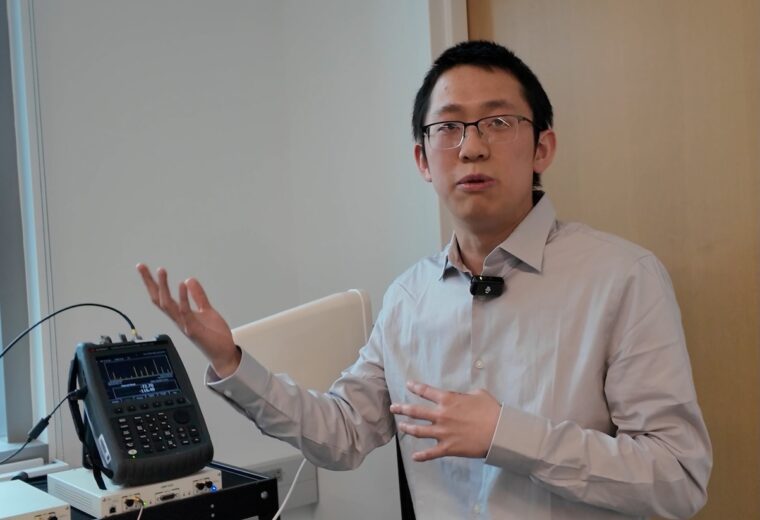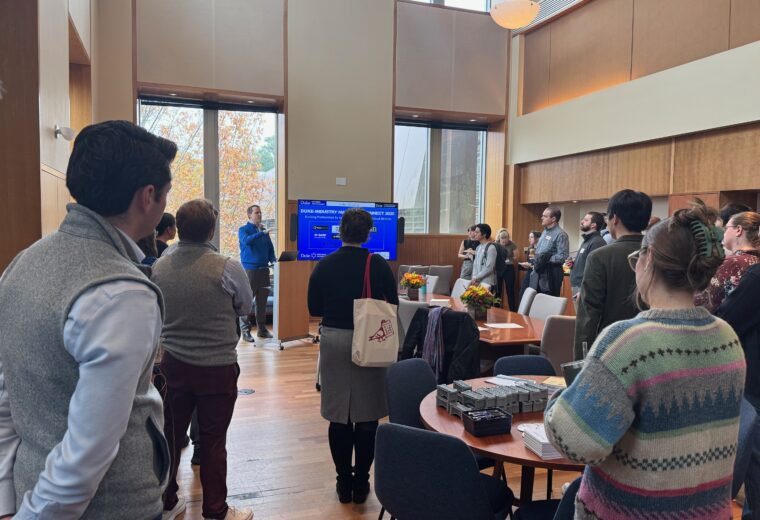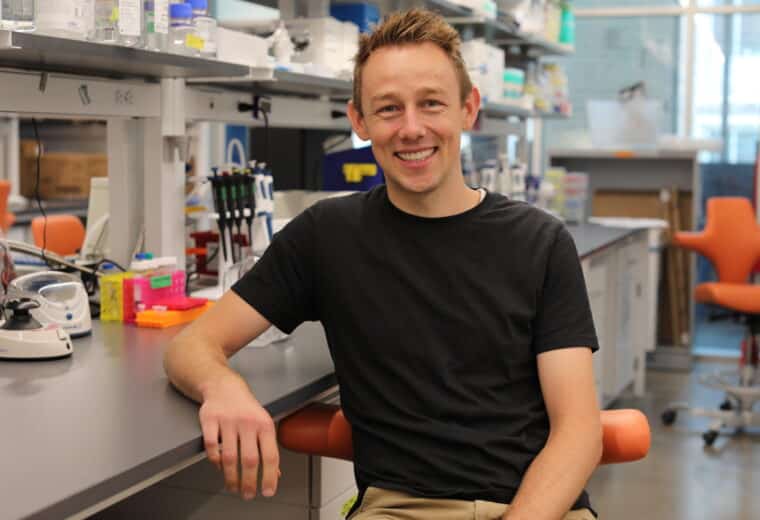Duke University Announces Landmark Gift Naming the Pierre R. Lamond Department of Electrical and Computer Engineering
With advanced computing, semiconductors and AI hardware essential to national competitiveness, a transformative investment positions Duke to lead in computer engineering.













